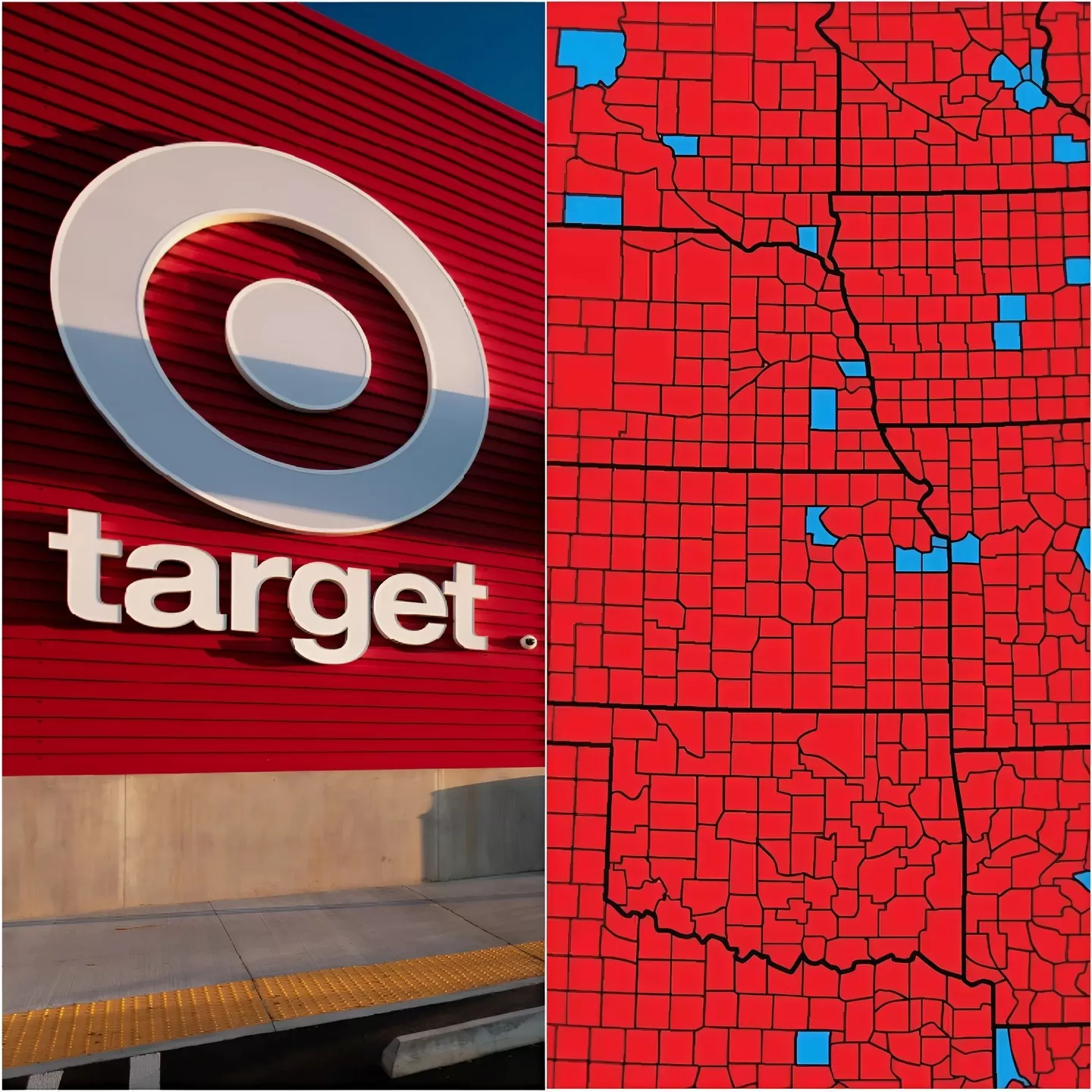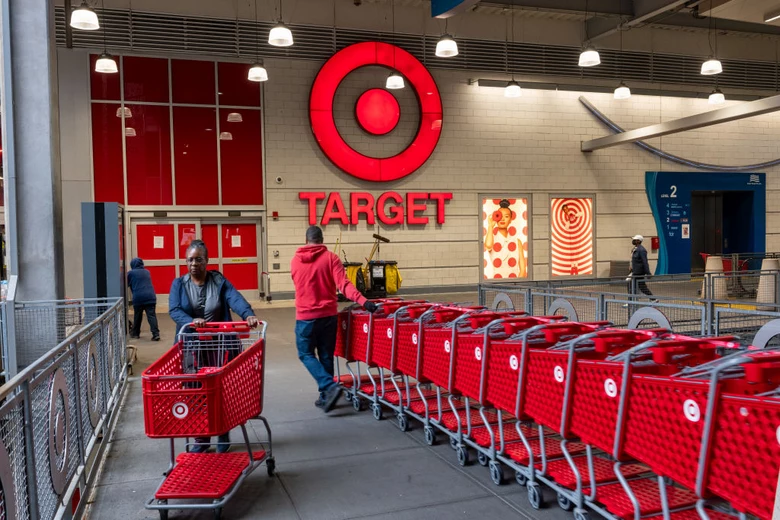
In a surprising move, retail giant Target has announced the permanent closure of all its stores in red states, citing escalating safety concerns as the primary reason for the decision. The company, which has long been known for its wide-ranging presence across the United States, is now pivoting its operations to exclusively focus on blue states, marking a significant shift in its business strategy.
Target’s decision to shutter its stores in red states comes after a series of incidents that have raised alarms about the safety of employees and customers in these regions. According to sources within the company, the retail giant has faced a surge in thefts, protests, and violent incidents in certain areas, leading to increased concerns over the safety of its stores and the well-being of its staff.

While Target has long been committed to serving communities across the political spectrum, the escalating incidents have led to a reevaluation of its operations. In a statement, the company’s CEO explained, “We have always prioritized the safety of our employees and customers, but recent events in certain states have made it increasingly difficult to maintain that standard. We believe it is in the best interest of everyone involved to shift our focus to regions where we can ensure a safer environment for our teams and our customers.”
The closure of all Target stores in red states is expected to have a significant economic impact, particularly in areas where the retailer is one of the largest employers in the region. Many local communities are likely to feel the sting of losing one of their key retail anchors, as Target has been a staple of many shopping districts for decades.

The company has pledged to provide support for its affected employees, including job placement assistance and severance packages. However, the closure of these stores will likely leave many customers without convenient access to the retailer’s wide array of products.
Local officials in red states have voiced concern over the closures, with some accusing Target of abandoning communities that they feel are already underserved. Critics argue that the decision to leave these areas could exacerbate existing economic disparities, leaving residents with fewer shopping options and fewer job opportunities.
While the closures in red states have raised eyebrows, Target is doubling down on its commitment to blue states, where it has seen steady growth in both revenue and customer satisfaction. The retailer has already begun expanding its operations in key blue-state markets, opening new stores in urban centers and increasing its online presence.
This strategic shift towards blue states reflects broader trends in retail and politics, with companies increasingly tailoring their operations to the political and social climates of specific regions. The move is also seen as an attempt by Target to align its brand with certain values and principles that resonate with consumers in more liberal areas.

Industry analysts have noted that Target’s decision to focus on blue states could lead to greater brand loyalty among liberal consumers, who may feel more aligned with the company’s stance on social issues such as LGBTQ+ rights, climate change, and social justice. The retailer has long been known for its progressive values, and this shift could help further solidify its position as a leader in socially responsible retailing.
Target’s decision to close stores in red states and focus on blue states could signal a broader trend in the retail industry. As companies increasingly face pressure to navigate the complex political and social landscape, many are rethinking their strategies and aligning their operations with the values of the markets they serve.

The implications of Target’s decision will be closely watched in the coming months, as other major retailers may follow suit in shifting their focus based on regional political dynamics. For now, Target’s bold move marks a new chapter in its history and sets the stage for what could be a more polarized retail landscape in the years to come.
Leave a Reply